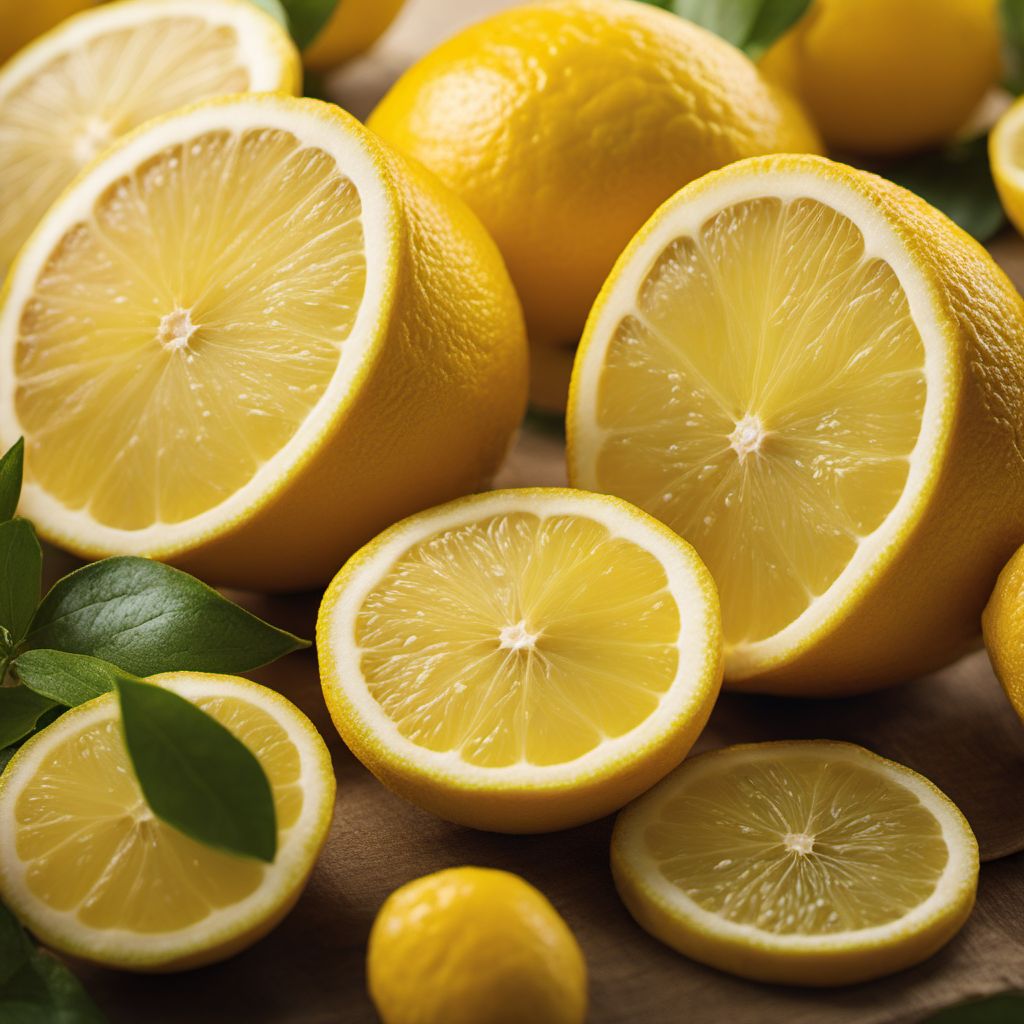
Ingredient
Lemons
The Zesty Citrus Fruit
Lemons are small, oval-shaped citrus fruits with a bright yellow peel and acidic juice. They have a tart and refreshing flavor, with a hint of sweetness. The flesh is juicy and the texture is slightly fibrous. Lemons are commonly used to add a tangy and citrusy kick to various recipes, from beverages and desserts to marinades and dressings.
Origins and history
Lemons are believed to have originated in Northeast India, Myanmar, and China. They have a long history dating back to ancient times, where they were highly valued for their medicinal properties. Lemons were introduced to Europe by Arab traders in the 10th century and later brought to the Americas by Christopher Columbus. Today, lemons are widely cultivated in Mediterranean countries, California, and Florida.
Nutritional information
Lemons are low in calories and a good source of vitamin C, providing about 31% of the recommended daily intake per 100 grams. They also contain small amounts of other vitamins and minerals, including potassium and vitamin B6. Additionally, lemons are rich in antioxidants, which help protect the body against oxidative stress and inflammation.
Allergens
Lemons are not known to be allergenic, but some individuals may experience skin irritation or allergic reactions when in contact with lemon juice or peel.
How to select
When selecting lemons, choose ones that are firm and heavy for their size. The skin should be smooth and brightly colored, without any blemishes or soft spots. Avoid lemons that feel overly hard or have a dull appearance, as they may be less juicy. Additionally, lemons with thinner skin tend to have more juice.
Storage recommendations
To prolong the freshness of lemons, store them at room temperature for up to a week. For longer storage, place them in a plastic bag and refrigerate, where they can last for up to a month. It is best to store lemons away from other fruits and vegetables, as they can release ethylene gas, which may cause spoilage.
How to produce
Lemons can be grown in containers or in the ground, making them suitable for home cultivation. They require a sunny location and well-drained soil. Lemon trees can be propagated from seeds or cuttings, but it is more common to purchase young trees from nurseries. Regular watering and occasional fertilization are necessary for optimal growth and fruit production.
Preparation tips
Lemons can be used in a variety of ways in the kitchen. They are commonly squeezed for their juice, which can be used as a flavoring agent in beverages, dressings, marinades, and desserts. The zest of lemons adds a bright and aromatic flavor to dishes. Lemon slices or wedges are often used as a garnish or added to water for a refreshing drink. Additionally, preserved lemons are a popular ingredient in Mediterranean and Middle Eastern cuisines.
Availability
Lemons are widely available in most grocery stores and supermarkets throughout the year. They are also cultivated in many countries, including the United States, Spain, Italy, and Mexico.
More ingredients from this category
Recipes using Lemons » Browse all
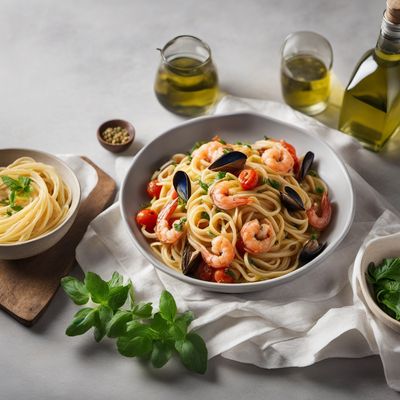
Scialatielli all’Amalfitana
Amalfi Coast Delight: Scialatielli Pasta with Fresh Seafood
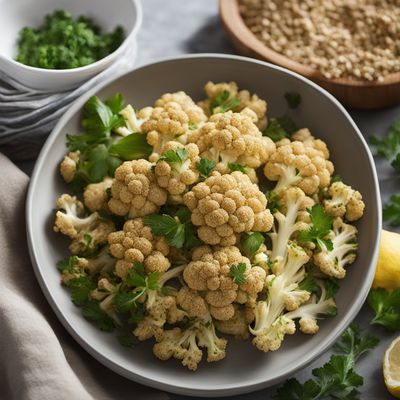
Italian Roasted Cauliflower with Garlic and Lemon
Mediterranean Delight: Roasted Cauliflower Bursting with Zesty Flavors
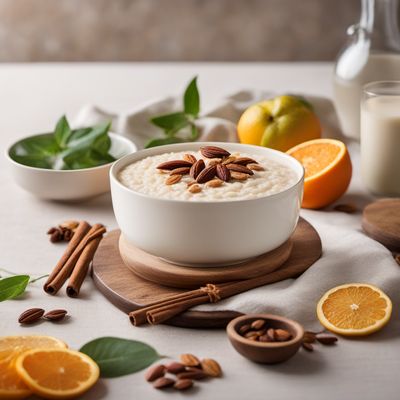
Creamy Rice Pudding with Mediterranean Flavors
Mediterranean Delight: Creamy Rice Pudding Infused with Exotic Spices

Papo de Anjo with a Twist
Heavenly Delights: A Modern Twist on Papo de Anjo

Whitebait Fritters
Crispy Delights: New Zealand's Whitebait Fritters

London Lemon Cheesecake
Zesty Delight: London Lemon Cheesecake

Sua i'a - Note by Note Style
Ocean Symphony: A Note by Note Seafood Delight

Haute Apple Pie
Elevate Your Taste Buds with Haute Apple Pie

East African Seafood Stew
Savor the Flavors of the East African Coast with this Delectable Seafood Stew

Northern European Seafood Platter
Nordic Delights: Seafood Extravaganza
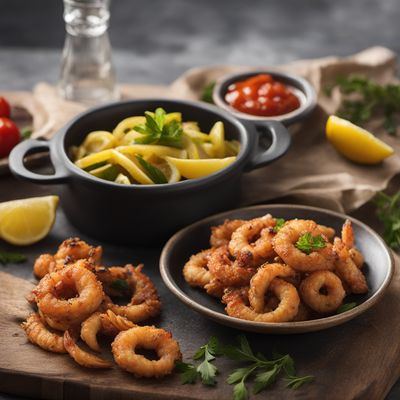
Aromanian-style Fritura Malagueña
Savory Aromanian Delight: Fritura Malagueña with a Twist

Salt-Crusted Chicken with a Twist
Elevated Salt-Crusted Chicken: A Nouvelle Cuisine Delight
